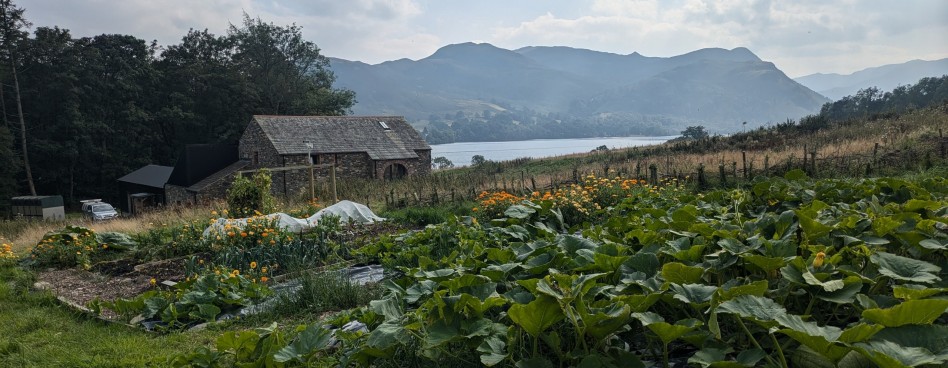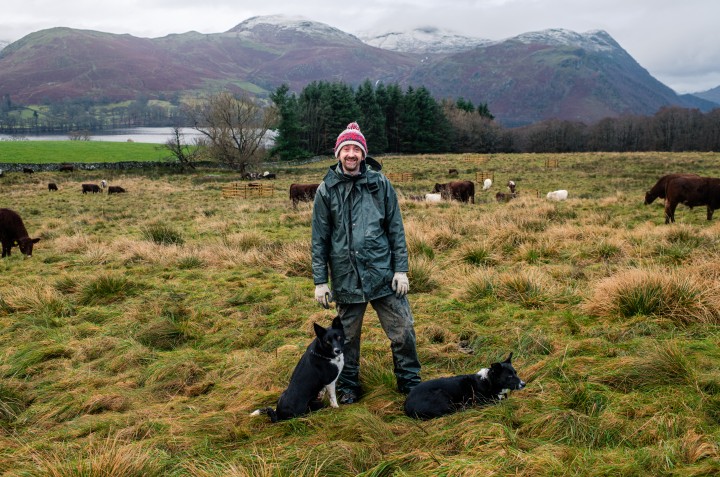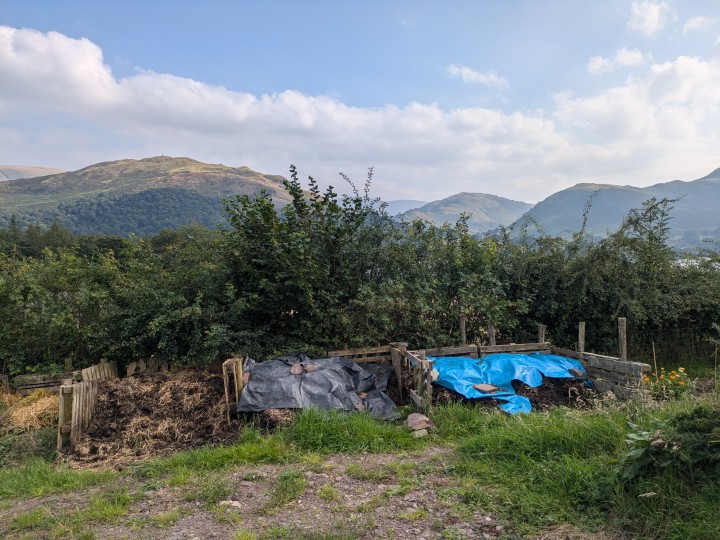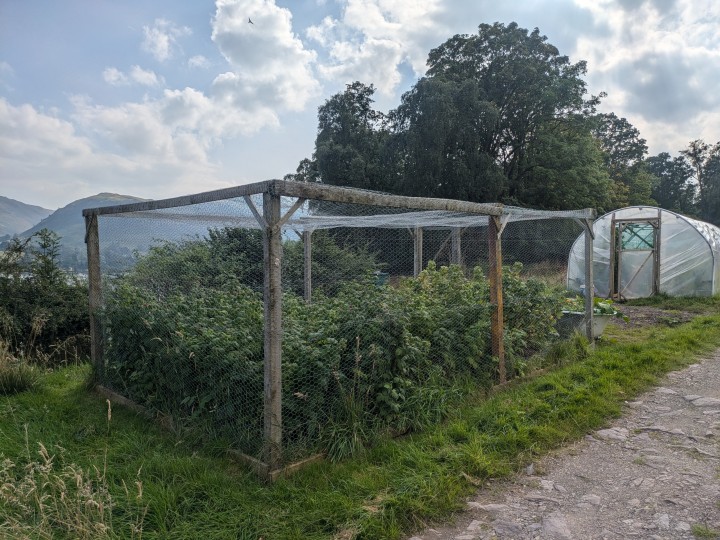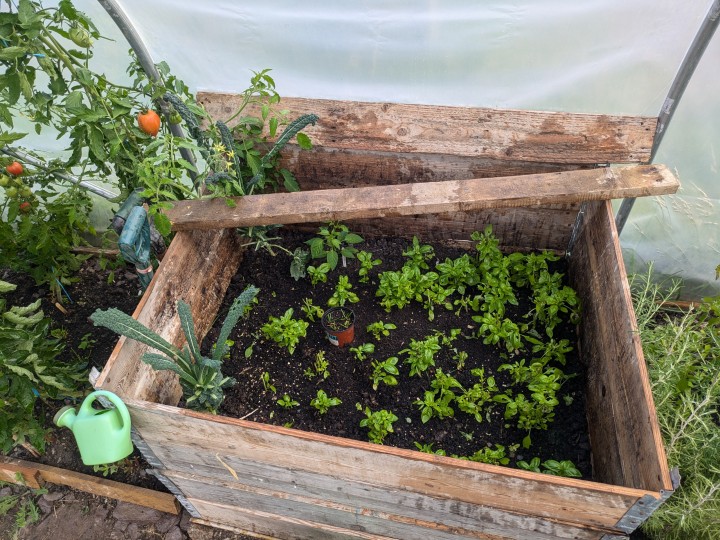With 80% of our fruit and nearly 50% of our vegetables imported, it’s no surprise that reports about UK food security and the state of our horticulture sector often make the news. But growing in the UK is not only possible; it can thrive. Sam Beaumont, a mixed-system farmer in Cumbria, shows how nature-friendly horticulture can succeed - even in northern England - benefiting both the farm business and the local community.
Growing fruit and veg isn’t always easy. It requires relatively high labour inputs, especially when compared to low-input livestock farming. Capital investments are needed to provide infrastructure for composting, beds and watering. Plus, a lack of knowledge and education can be barriers to getting started.
Marketing, harvesting and distribution are also challenging. Throw into the mix battling unpredictable weather and pests (like the slugs this year!) and it can be seen as quite a risky business with relatively low financial returns. As a result, many farmers and landowners are hesitant to start growing fruit and veg unless supported by external funding or enthusiastic local volunteers.


